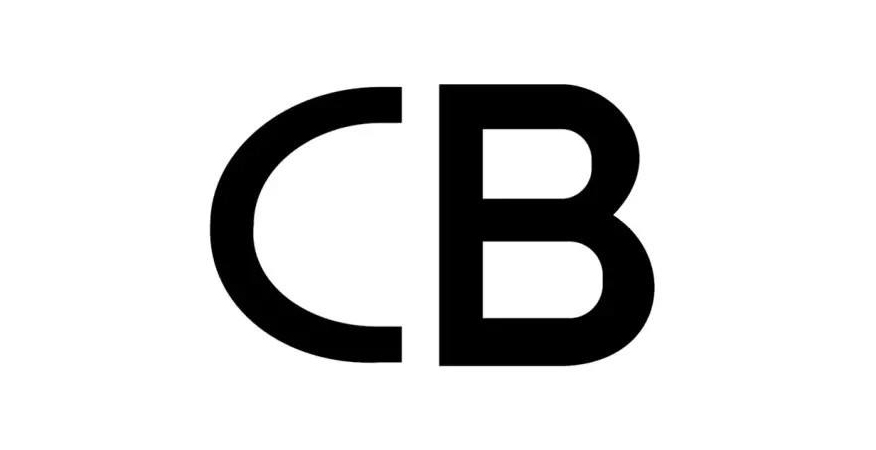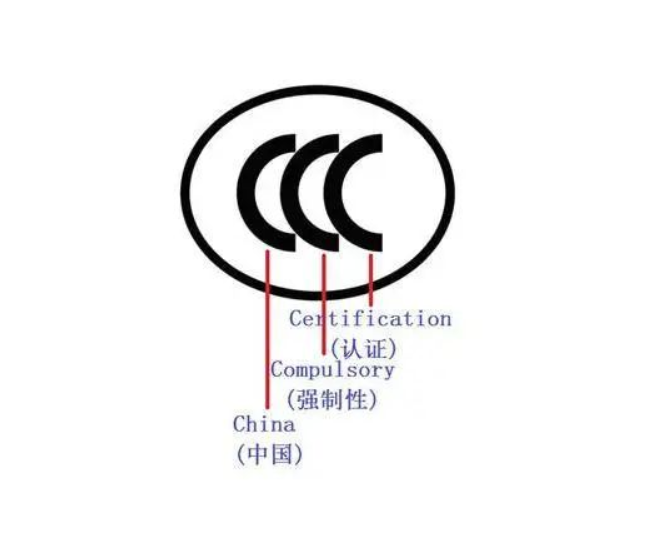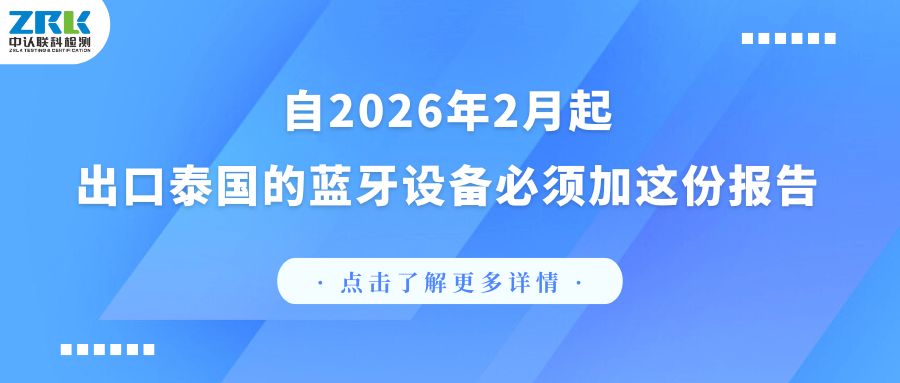On May 21, 2025, the European Commission formally submitted a proposal to postpone the due diligence obligations of the EU Battery Law (EU) 2023/1542, which was originally scheduled to be implemented on August 18, 2025, to August 18, 2027. And the time for the European Commission to issue guidelines on applicable due diligence requirements is adjusted to July 26, 2026 to achieve synchronization with the Sustainability Due Diligence Directive ((EU) 2024/1760).

Main requirements of the new battery regulations
The main contents are as follows:
★ Hazardous substances (lead, cadmium, mercury)
★ Product carbon footprint
★ Recycled material usage ratio
★ Removability and replaceability
★ Label identification
★ Battery management system
★ CE mark
★ Battery passport
★ Supply chain due diligence
★ Electrochemical performance and durability
★ Safety
★ Extended producer responsibility
★ Waste battery collection rate
★ Battery recycling efficiency
★ Material recycling level
Compared with the old battery bill, the new battery regulation requires companies to establish a battery due diligence policy to identify, prevent, mitigate and report social responsibility, environmental and climate change impacts in the supply chain.
Battery supply chain due diligence requirements include:
◆ Formulate and disclose the company's battery due diligence policy, which must comply with international standards.
◆ Establish a corporate management system to support the implementation of the due diligence policy.
◆ Establish a transparency and control system, such as a supply chain traceability system, to ensure that the source of materials is clear.
◆ Establish a complaint and remediation mechanism.
◆ Identify and assess supply chain risks.
◆ Develop strategies to address risks and work with suppliers to improve supply chain issues.
◆ Have an independent third party review the company's due diligence system.
Background and considerations for regulatory revisions
1. Supply chain adaptation needs: Amid the ever-changing global geopolitical landscape, battery manufacturers face multiple challenges such as raw material procurement, and urgently need time to evaluate the existing supply chain structure and adjust it as needed.
2. The designation of notified bodies is lagging behind: Relevant regulations require third-party notified bodies to verify due diligence, but the actual designation of notified bodies and the identification and approval of related due diligence plans are slower than originally expected.
3. Supporting guidelines and regulatory coordination: The new regulations emphasize that (EU) 2023/1542 should be consistent with (EU) 2024/1760, which puts forward broader requirements for corporate human rights and environmental responsibility supply chain due diligence. The Commission will refer to (EU) 2024/1760 to issue operational guidelines and best practices to ensure consistency and coordination between regulations.
4. Legal certainty: To ensure the smooth progress of corporate compliance work, it is necessary to provide a clear legal basis for the actual applicable time of due diligence obligations and reserve sufficient time to notify/designate conformity assessment bodies.
Warm Tips
The revision of the EU Battery Due Diligence Regulation ((EU) 2023/1542) has reserved more preparation time for companies and regulators to better respond to supply chain adjustments and new regulatory requirements. ZRLK recommends that relevant companies always pay attention to the upcoming supporting guidelines, seize the opportunity, plan early, and fulfill supply chain due diligence obligations as required. If you want to know more about the new EU battery law, please feel free to contact us, our engineers will serve you as soon as possible!












